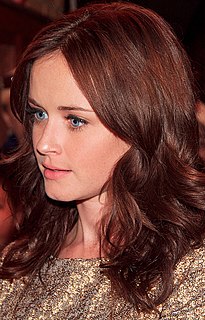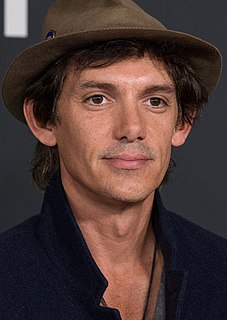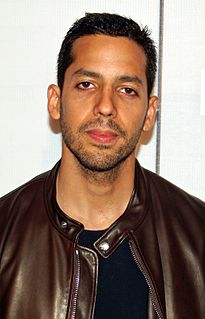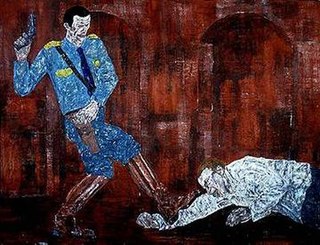A Quote by Evangeline Lilly
It would be amazing to play Sylvia Plath. She was so dark, and what came out of her writing was troubled and fierce. The dimensions, levels, layers and levels would be incredible to take on.
Related Quotes
[Short Talk on Sylvia Plath] Did you see her mother on television? She said plain, burned things. She said I thought it an excellent poem but it hurt me. She did not say jungle fear. She did not say jungle hatred wild jungle weeping chop it back chop it. She said self-government she said end of the road. She did not say humming in the middle of the air what you came for chop.
One night she hid the pink cotton scarf from her raincoat in the pillowcase when the nurse came around to lock up her drawers and closets for the night. In the dark she had made a loop and tried to pull it tight around her throat. But always just as the air stopped coming and she felt the rushing grow louder in her ears, her hands would slacken and let go, and she would lie there panting for breath, cursing the dumb instinct in her body that fought to go on living
She didn’t understand why it was happening,” he said. “I had to tell her she would die. Her social worker said I had to tell her. I had to tell her she would die, so I told her she was going to heaven. She asked if I would be there, and I said that I would not, not yet. But eventually, she said, and I promised that yes, of course, very soon. And I told her that in the meantime we had great family up there that would take care of her. And she asked me when I would be there, and I told her soon. Twenty-two years ago.




































